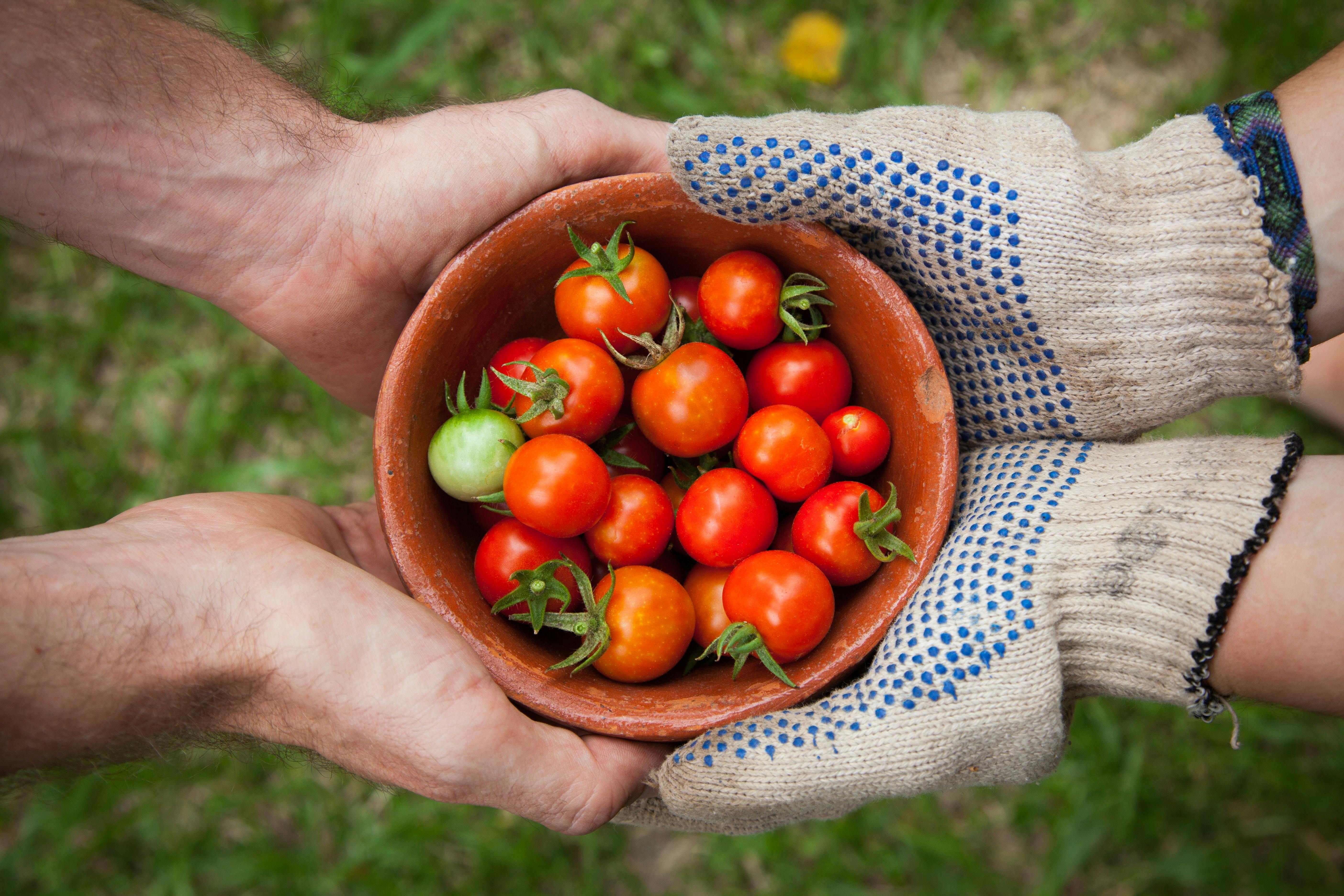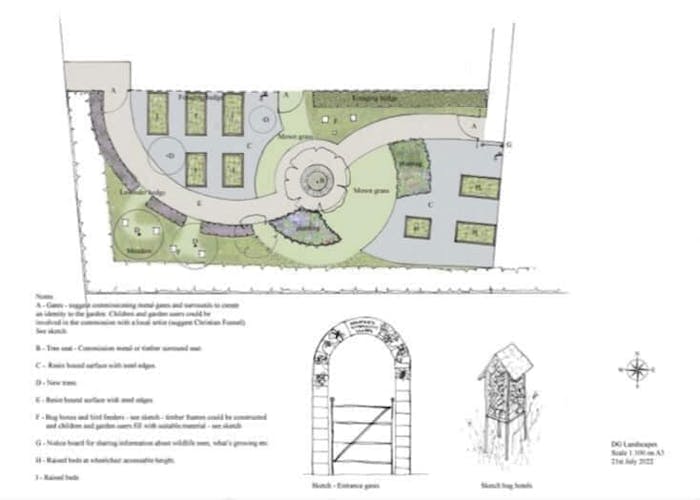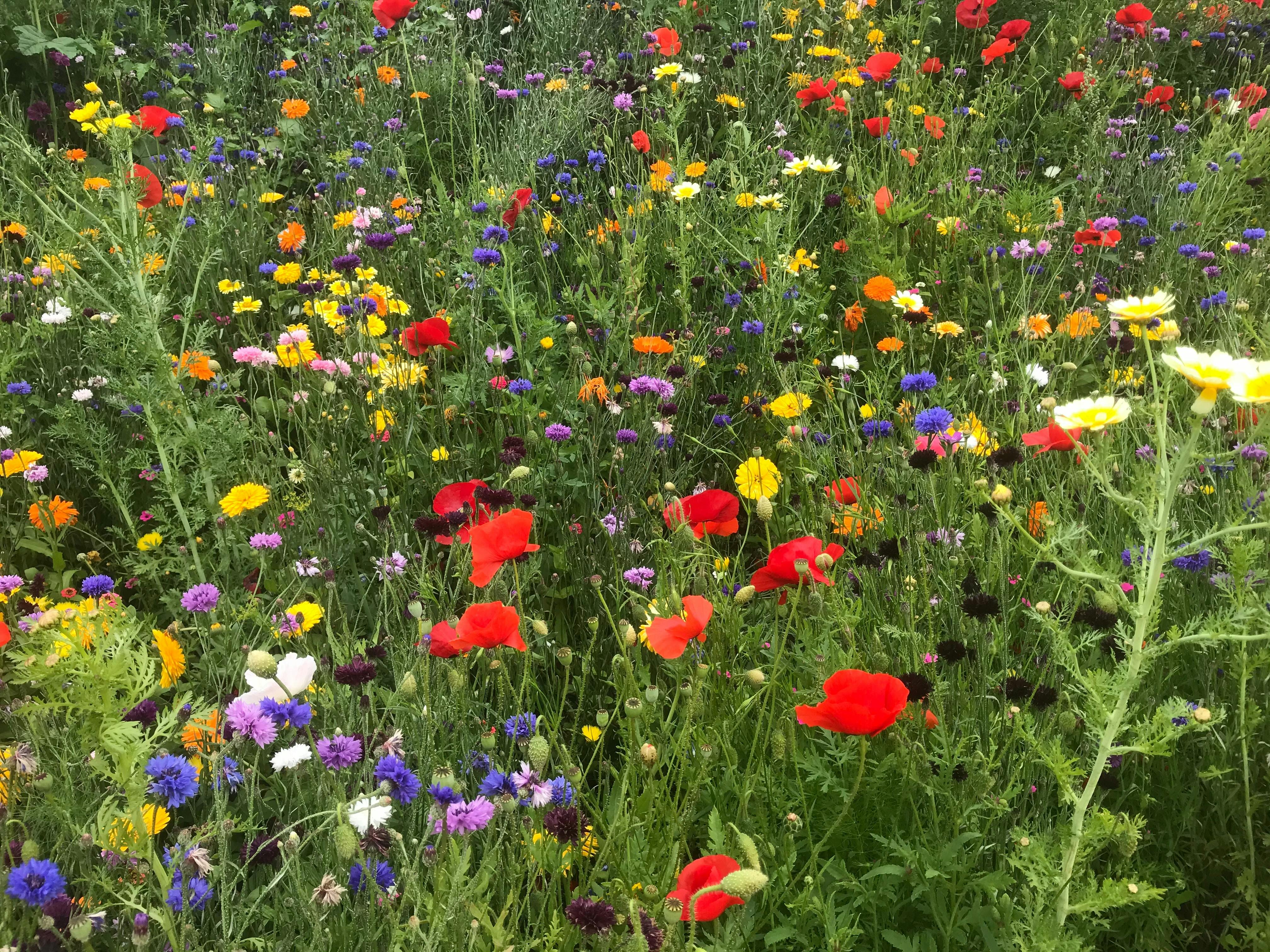A Community Project Over 3 Years in the Making: Denton Community Garden
We recently caught up with Sean MacLeod, Town Councillor and Project Chairman, and Lesley Boniface, Town Councillor and Community Engagement Officer to find out more about the flooding challenges faced in the Lewes and Newhaven area as well as an exciting community garden that will begin construction soon.
- Community garden
- community action
- Lewes
- Newhaven
- Water capture
Prompted by an online post, Sean MacLeod, Town Councillor and Project Chairman, and Lesley Boniface, Town Councillor and Community Engagement Officer reached out to Our Rainwater to see if we could collaborate in slowing the flow of rainwater into drainage systems in Lewes and Newhaven. We learnt that Sean and Lesley were deeply involved in the development of an impressive community garden, 3 years in the making. Keen to find out more, we caught up with Sean and Lesley and uncovered insights into the multifaceted flooding challenges these areas face as well as the exciting creation of the Denton Community Garden.
About Lewes & Newhaven
The historic town of Lewes leads into the port town Newhaven, along the English Channel in East Sussex. Steeped in history, these towns are tied together not just due to their past but through extensive flooding the areas have faced.
Flooding in these areas is a multi faceted and a complex issue making it challenging to manage. They suffer from surface water flooding, high spring tides, springs below properties and the threat of rising sea levels. A big flood event in the early 2000s impacted Lewes, leading to permanent closure of some stores and the bizarre sight of fridge freezers floating along rivers. Since this event, there has been heavy investment into flood alleviation and to combat rising sea levels.

More recently yellow weather warnings were in place as storm Babet swept parts of the country, including East Sussex. In these high rainfall events multiple factors impact areas such as Lewes including the River Ouse overtopping and storm drains becoming overwhelmed, as they cannot cope with run off.
Mitigating these complex issues will take various forms and a collective effort from communities. The growth of impermeable surfaces through urbanisation means the volume and rate of surface run-off has increased, with less water infiltrating the ground. Community and rain gardens can provide a much needed break in urban landscapes and the opportunity to slow the flow of water alongside a multitude of other benefits. Sean and Lesley have worked very hard behind the scenes for over 3 years to make the Denton Community Garden a reality for locals.
A Community Driven Project
The community garden will be accessible for all with the aim of educating each generation, encouraging behaviour change and improving biodiversity as we move forward in the climate crisis. It is hoped the project will empower people to take part in a collective effort for the benefit of the local community, environment and ecosystem.
Inspiring the Next Generation

Integral to the community garden is Denton Primary School who inspired the idea for a community garden, Sean explained. The Forest School assisted the local pub with a wooded area at the back of the property, leading to the idea of a fully fledged garden for the community to enjoy.
Once the garden is established, the Primary School will be heavily involved with the project, helping to maintain, plant and grow vegetables. The garden will educate students about how and what they can grow at home. Produce from their efforts will go to the school, in a truly sustainable initiative. Any excess will be left for the community to pick or provided to Havens Community Hub which has a food wastage distribution service. This will ensure all the lovely, fresh and locally grown produce will be distributed throughout the local community.
The children are involved with designing the garden alongside the Trustees and a landscape gardener. Features include sensory plants, edible planting and pollinators all used as educational tools for children and the wider community.
Community Driven
An aim of this wonderful project is to inform, inspire and empower the local community as a collective through evening and weekend sessions for parents. This will show what can be planted at home easily and cheaply, including fruit, vegetables and pollinators, aiding the biodiversity of the areas as a whole.
There will be plenty of ways to get involved with the community garden once it is built. Whether you are there to enjoy the green space or maintain and harvest crops, the community garden will be at the heart of a community. There will also be opportunity to take part as a Trustee and help manage the garden to ensure things run smoothly.

Maintaining the Gardens
Whilst the school will be taking care of bed plants and crops on a weekly basis, more intensive maintenance such as grass cutting, weeding and planting will be handled by others in the community.
There will also be a wildflower area that won’t need maintenance but will provide food throughout the year for bees, butterflies and other pollinators. Not only are these areas a beautiful addition to any outdoor space, they have a number of environmental benefits!
What is a wildflower area?
A ‘wildflower meadow’ usually consists of an area that is around 80% grass. The remaining 20% consists of wildflowers that are untouched, nor are they sprayed or fertilised.
They are a haven for wildlife, especially at the start of spring. These areas are unaltered by humans and on a large scale may be home to over 100 species of wildflowers.

These areas offer many benefits:
- Established meadows assist with the mitigation of flooding through their complex route systems.
- They provide food for our pollinators - essential to pollination and our food sources.
- These areas help in the climate crisis by absorbing carbon from our atmosphere.
Did you know areas such as these are actually at risk? Since the 1930s over 70% of our wildflower meadows in the UK have been lost. Including a wildflower area in such initiatives is essential to prevent them from disappearing.
Funding the Project

Lesley and Sean explained the project has required perseverance and commitment to reach this stage. Their commendable efforts have led to funds of over £40,000 being raised from multiple sources.
This includes organisations such as the National Lottery as part of a wider project - the Ouse Valley Climate Action project (OVCA). Other contributors include the Lewes District Council CI and local businesses.
Overall, this immense project is a commendable and holistic effort, combining environmental stewardship, education, and community building for positive environmental and social benefit.